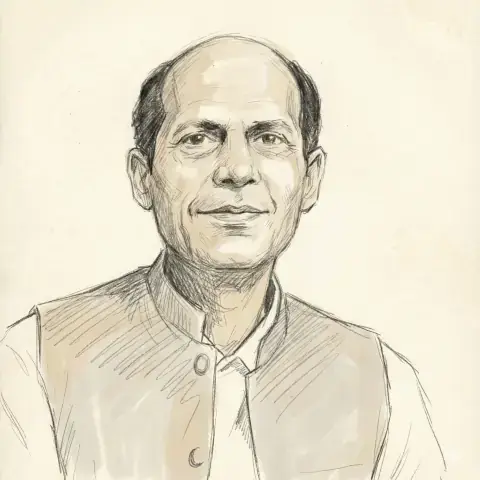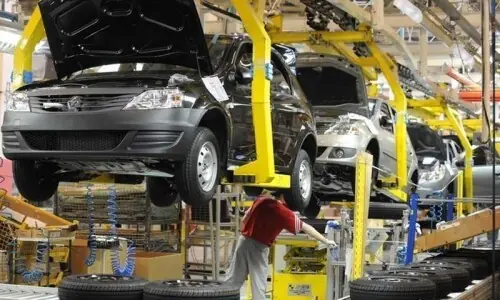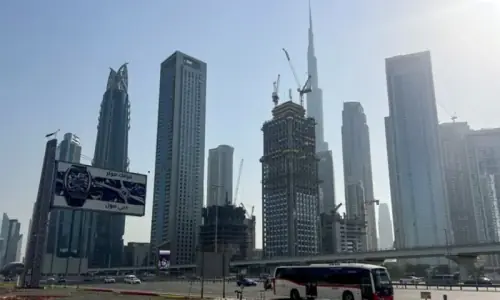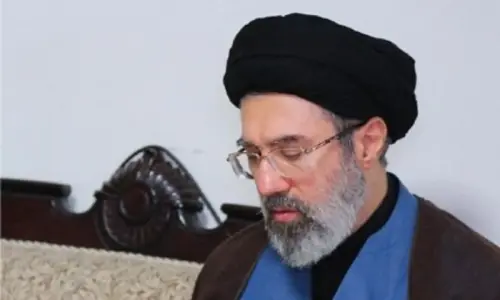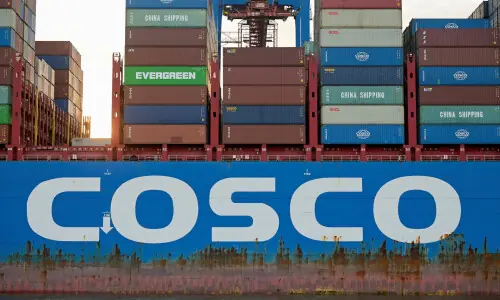ISLAMABAD: The number of voters belonging to religious minorities in the country has climbed to 3.63 million from 2.77m registered in electoral rolls for the 2013 general elections — registering an increase of 0.860m or 30 per cent in five years.
According to the latest official document available with Dawn, Hindu voters continue to maintain their majority among the minorities, but they no more constitute over half of total non-Muslim voters as was the case in 2013.
Read: Problems with the electoral representation of non-Muslims
The number of Hindu voters before 2013 polls was 1.40m while total number of voters of minority communities was 2.77m — the former being higher than the collective number of all other minorities. The number of Hindu voters now stands at 1.77m. They are mostly concentrated in Sindh where in two districts they form over 40 per cent of total registered voters.
Document makes no mention of Jewish voters, although in 2013 there were 809 of them
Christians form the second largest group of non-Muslim voters, totalling 1.64m with over 1m settled in Punjab followed by over 200,000 in Sindh. Their number has grown at a relatively high pace as compared to Hindu voters as it was 1.23m before 2013 general polls.
The total number of Ahmadi voters is 167,505 — most of whom dwell in Punjab, followed by Sindh and Islamabad. The number in 2013 stood at 115,966.
Of the total 8,852 Sikh voters, most are settled in Khyber Pakhtunkhwa followed by Sindh and Punjab. Their presence in the Federally Administered Tribal Areas is more than their combined strength in Balochistan and Islamabad. They numbered 5,934 in 2013.
The number of Parsi voters has grown from 3,650 in 2013 to 4,235. Majority of them is settled in Sindh followed by KP. The number of Buddhist voters has increased from 1,452 in 2013 to 1,884. Most of them live in Sindh and Punjab.
There are a total of 31,543 voters from the Bahai community on the electoral rolls.
The document obtained by Dawn makes no mention of Jewish voters in Pakistan, though in 2013 there were 809 Jewish voters in the country — 427 women and 382 men.
While the district-wise data of non-Muslim voters is yet to be prepared, according to official statistics related to 2013 elections, Umerkot and Tharparkar districts in Sindh had as high percentage as 49pc and 46pc of total voters, respectively. In Umerkot, there were a total of 386,924 voters of whom 189,501 belonged to religious minorities. In Tharparkar, out of a total of 473,189 voters, 219,342 were non-Muslim.
In Mirpurkhas, the total number of voters was 590,035 and among them 192,357 (33pc) were non-Muslim. In Tando Allahyar, 74,954 non-Muslims constituted 26pc of total 288,460 voters.
In Tando Mohammad Khan, 39,847 non-Muslims accounted for 17pc of total 231,522 voters. In Matiari, 81,589 non-Muslims constituted 13pc of total 302,265 voters. In Karachi’s South district, total number of voters was 1,070,321 and among them 81,589 (8pc) were non-Muslim. In Ghotki and Hyderabad, 41,031 and 62,243 non-Muslims accounted for 7pc of total 571,636 and 928,236 voters, respectively.
In Chiniot and Lahore districts of Punjab, 35,335 and 247,827 non-Muslims constituted 6pc of total 604,991 and 4,424,314 voters, respectively.
In Jamshoro and Kashmore districts of Sindh, 18,912 and 17,495 non-Muslims were 5pc of total 373,097 and 355,904 voters, respectively.
Published in Dawn, May 28th, 2018

